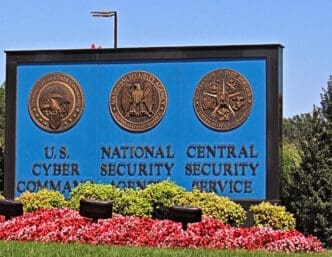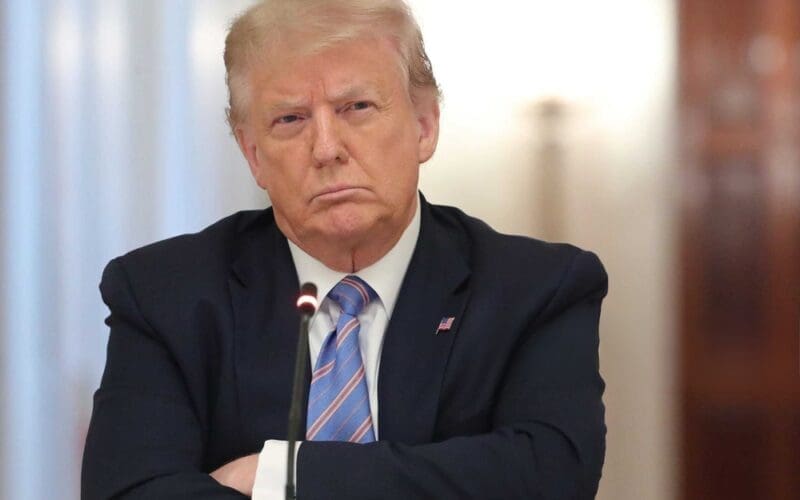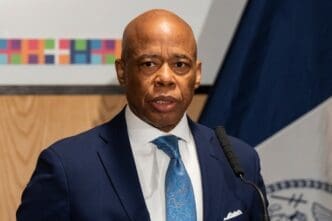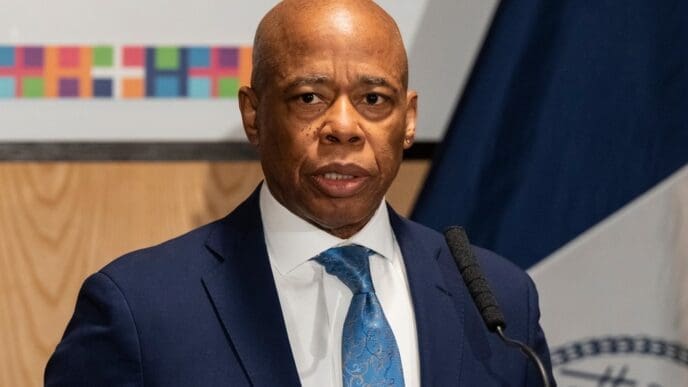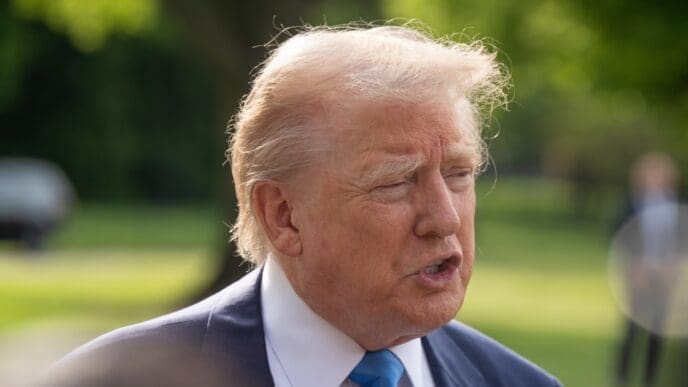Amidst ongoing discussions about the economic implications of Donald Trump’s tariffs, a significant development concerning national security staffing decisions has surfaced. Recent actions by the president have raised eyebrows, particularly regarding the dismissal of Gen. Timothy Haugh, the head of the National Security Agency (NSA) and US Cyber Command.
Gen. Haugh, whose leadership roles were crucial in efforts such as preventing Russian interference in the 2018 midterms, was removed alongside other prominent national security officials. This followed a meeting between President Trump and Laura Loomer, a far-right activist known for espousing conspiracy theories and her staunch support for the president. Loomer has publicly claimed credit for these dismissals, despite Trump’s denials of her involvement.
Laura Loomer is recognized for her controversial views and has been vocal about various conspiracy theories, including claims about 9/11 and school shootings being staged events. Her influence in national security decisions has sparked concern given the NSA’s capacities for surveillance and cyber espionage, making the leadership pivotal in maintaining civil liberties.
While the legality of these dismissals stands firm, as the NSA director serves at the president’s discretion, the timing and circumstances suggest a shift towards more ideologically driven personnel decisions. This scenario underscores the potential impact of conspiracy theorists on pivotal national security roles.
The Tangible Impact
- The involvement of conspiracy theorists in national security decisions could lead to shifts in policy that prioritize ideology over factual intelligence assessments.
- Civil liberties may come under increased scrutiny if such influences affect the directives given to surveillance agencies like the NSA.
- Public trust in national security operations might be undermined, affecting perceptions of safety and reliability in government actions.
- International relationships could be strained if allied nations perceive U.S. security policy as being influenced by unverified theories.
- Domestic political dynamics might shift, as such actions could energize both supporters and critics of the current administration’s approach to security and governance.

